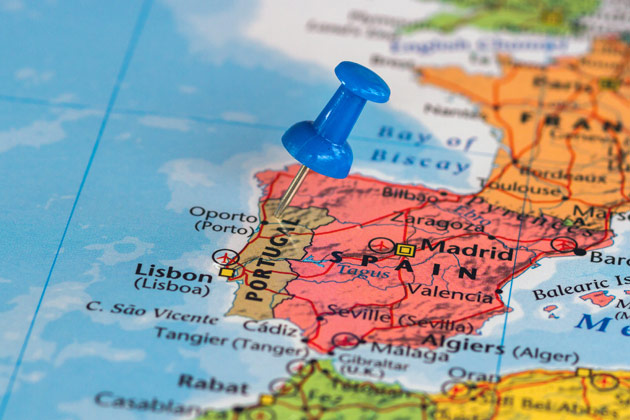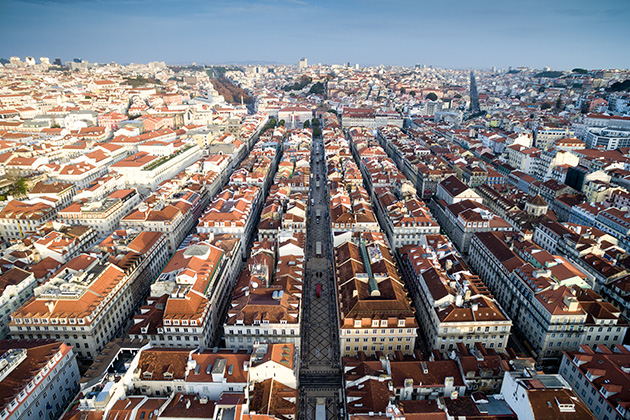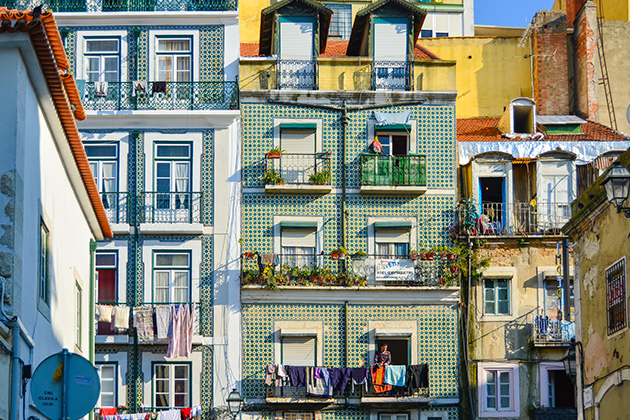
If you are living in Portugal and think its time to marry, then read on. According to Portuguese legislation, foreigners living in Portugal can marry at the embassy or consulate of their home country. So, if you are thinking of organising your wedding in Portugal, then this is what you need to know.
The marriage process
A marriage process in Portugal begins with a demonstration of the intent to marry. The bride and groom should do this personally, or through an attorney, at a civil registrar’s office. Brazilian citizens who enjoy a status of equal rights and duties are the only ones who can do this online.
In this process you will need to state the form of the marriage (civil, Catholic or civilly recognised religious), the place, date and time and the property regime you will be adopting. This form should be accompanied by:
- Residence permit, passport or equivalent document;
- Birth certificate issued no more than six months before;
- Prenuptial agreement (the law allows the couple to choose a different property regime, as long as clearly stated and within the limits of the law), if there was one;
- Matrimonial aptitude certificate, if the country of origin issues them (issued less than six months before), or a document proving that said certificates are not issued. British citizens do not require this certificate. You can inquire at your embassy as to how to obtain this document.
If the marriage is authorised by the Civil Registrar, it should be celebrated within six months. If you have chosen to have a Catholic or other civilly recognised religious wedding, then you should hand the document issued by the registrar to the parish priest or minister.
Marital property regime in Portugal
The property regime determines who owns what assets in a married couple. There are three regimes in Portugal: accrual system, general community and separation of property.
Accrual system
Each spouse continues to have full ownership of previously owned assets and property, as well as those which come into their possession by donation or inheritance. Assets or property that are acquired following the marriage, as well as the earnings of their work, belong to both. This is the default regime, according to law, unless you choose a different one.
General community
All assets or property acquired by the spouses, both onerously or for free, regardless of whether the acquisition was before or after marriage, belong to both. If the spouses have children by other people, then they cannot choose this regime.
Separation of property
No communion of property, each member of the couple owns that which he or she acquires before or after the wedding. This regime is mandatory if one of the members of the couple is over 60 years old.
Define another regime
You can define a different regime, so long as it is within the limits of the law, with a prenuptial agreement. If there is no prenuptial agreement, and no other regime is chosen, then the Accrual system will be adopted by default.
Cost
Processing and registering the marriage has a cost of €120. However, there are exceptions, such as:
- Processing and registering of non-urgent marriages celebrated, at the couple’s request, outside of the registrar or outside of normal service hours, on a Saturday, Sunday or holiday: €200
- Prenuptial agreements, so long as one of the traditional regimes is chosen: €100
- Prenuptial agreements, if a non-traditional property regime is chosen: €160
- Change of property regime: €30
Validity of marriage in country of origin
If you are a European Union citizen, then in principle your marriage will be valid in all other EU countries (except same-sex marriages, since some countries do not recognise them as valid). However, you are advised to register your marriage in your own country. The best is to reach out to your country’s consulate to find out how this should be done, since rules can vary.
If you are a non-EU citizen, contact your consular services to find out if your marriage is recognised and how you can register it in your home country.



